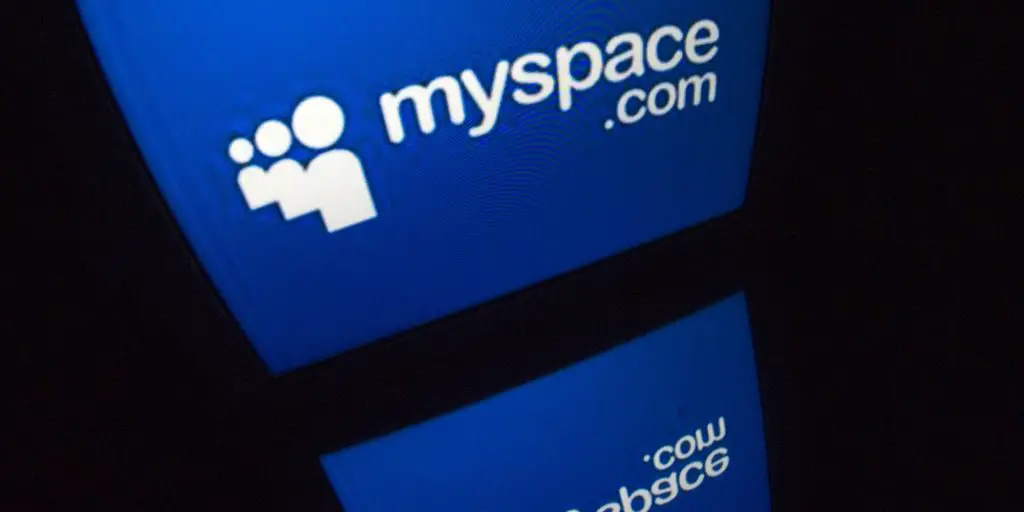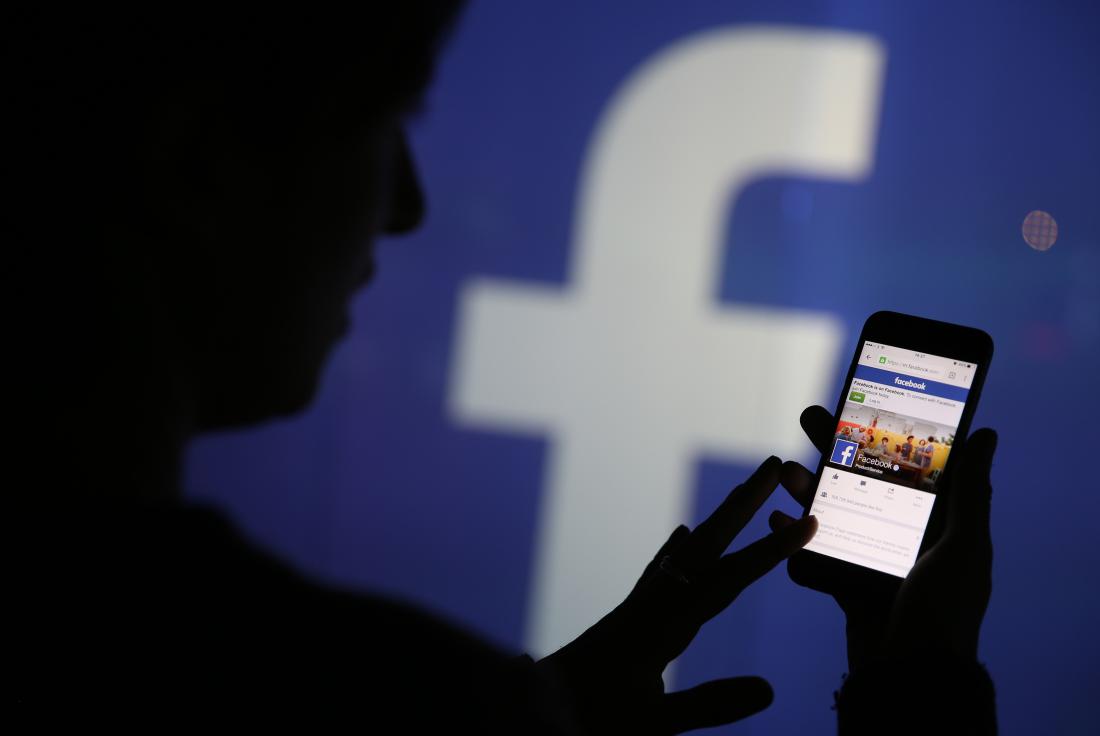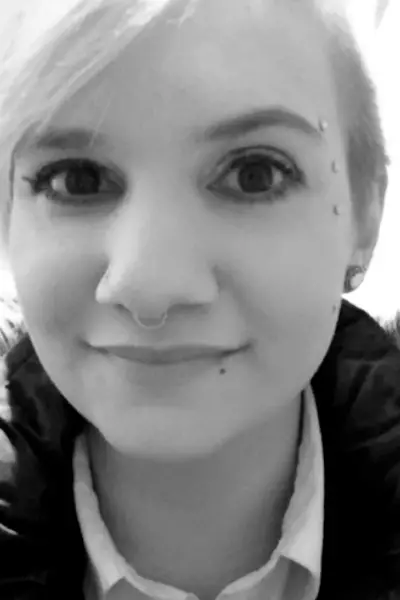Why Everyone Should Consider a Month Without Facebook
Seriously, you’re better off without it.
By August Wright, College of Charleston
Way back in 2005, I started a MySpace account.
Some of you may remember this pre-Facebook social networking site, which operated more as a platform for musicians and is pretty active even today. I loved MySpace. I was about 13, I loved listening to new bands, and I really liked playing with my page’s HTML because it meant I could create a unique, super individualized page (like having the regular arrow cursor change to an atom bomb on my page).
I never jumped on the Facebook bandwagon.

Part of that decision was based on my own annoyance at some of the common crap people do on social media—the “let me post a status like ‘ppl r soooo fake’ just so it seems like I have interesting drama going on!” statuses being the most obnoxious—and the other part was due to what Facebook is—namely, a “book” of faces to flip through. I’m not really into the whole selfie thing unless I’m tucking my chin to my chest so it looks like I have a lot of chins (comedy gold), and I really don’t care about other peoples’ photos (but let’s all be honest. Aside from your grandparents, who’s going on Facebook to do anything other than post and/or look at photos of themselves?).
Because I had dropped my MySpace account around 2007/2008, I had zero existence on the internet. Okay, I had a Neopets account, but I don’t think that really counts. Anyway, I wasn’t, and I’m still not, on Instagram or Twitter, and I only recently got a LinkedIn account (I’m going to take a second here to ask an important question. Why does everyone have a LinkedIn account when literally nothing ever seems to be happening over on LinkedIn?). I don’t even have a YouTube account.
In 2011, as a sophomore in college, I began to feel that my non-existence on the internet was a social detriment. Like all schools, my university has a Facebook page, all the clubs have a page, and all the student activity groups have pages. A lot of these groups only advertise events through Facebook, so I felt like I was missing out. I had also started seeing people around campus that I had met once or twice, and wanted to talk to again, but I usually only saw them in-between classes and there was no good way to strike up a conversation. We would nod or wave or maybe say “hey,” but that was it. Naturally, the solution seemed to be getting on Facebook, making an account, “friending” these acquaintances and then striking up a friendly conversation or something. So I did.
Then, after about three weeks, I wiped my page clean and “deleted” the account.
Here’s why.
I hadn’t gone to more events despite knowing about them via Facebook. So, obviously the problem wasn’t that I didn’t know about the events—it’s that I didn’t want to go to them (be true to yourself).
The acquaintances I befriended on Facebook never became more than acquaintances.
Actually, “friending” my acquaintance had the opposite effect.
Since we were “friends” on Facebook, there seemed to be almost zero desire to actually do something outside of sending the occasional “like” or “hello” on Facebook.
I was on my phone and my computer a lot, which meant I was spending less time actually, you know, interacting with people.
Facebook gave me (and probably others) the false impression that I was somehow being more social by being on the website. In reality, I became less social because I was too busy staring at my phone/computer.
I ended up with a lot of bad impressions and I formed a lot of false judgments about people I didn’t know just based on their Facebook content. I’m not saying you can’t glean a little information about someone based on the crap they favorite, like, and/or post online, but I can say that assuming someone is super popular/having a great time/is a “slut” or “player” based on the photos they take and post is really fucking stupid. Also, you’ll just end up feeling annoyed with, or alienated from, a person you don’t even know.
Being “friends” with someone on Facebook—even if it’s a person you’ve known for a while—seems to kill the “let’s go out for a coffee” thing that normal people do with their friends. Because, hey, if you can just comment, “That guy sucks serious testes” on someone’s “my boyfriend broke up with me!” status, what’s the point of a bitching-about-boys-with-lattes-and-maybe-a-chocolate-crescent-oh-what-the-hell-let’s-eat-two-dozen-doughnuts-together session? Aside from the doughnuts, I mean.
I’m not saying everyone uses Facebook the same way, and I’m not saying that everyone has the same experience. But I think most people would agree that Facebook does not enhance social interactions just by existing and by someone having a presence on the website. Facebook enhances social interaction in the same way an invite to a party enhances social interaction. Unless you actually make some effort to get off your PC or cell phone (or in my case, the couch) and go to the aforementioned party, no socializing takes place—regardless of how many “friends” you may have online or how many invites to parties you receive.
I encourage everyone to take a month off Facebook. No reason to make a dramatic exit by “deleting” your account without warning. No reason to announce it to friends in a status. Just don’t check it. Don’t log on. Make an effort to do things with your friends.
Yes, I know those 2,589 “friends” on Facebook aren’t all your friends, but I’m guessing there’s at least 10 people you like and another 10 you’d like to know better. So call them up or text them. Get a coffee, go to a movie, play a game together—anything. But make the effort to do things with your friends. Otherwise, what’s the point?
For the people you don’t know well, but want to become better acquainted with, just ask for their phone number the next time you see them. And if they tell you, “Oh, just add me on Facebook,” they’re blowing you off and you don’t need that crap in your life.
“Oh, just add me on Facebook” is another way of saying, “No, you can’t have my phone number.”
If someone really wants to hang out or get to know you, they will—not redirect you to their Facebook page where the most they’ll ever do is accept your friend request and then act like they’ve performed an act of social kindness.
So take a month off the social media giant and make an effort to strengthen the friendships you already have and to become friends with some new people. At the end of the month, reevaluate what Facebook is doing for you. Is it actually helping you attend events, meet new people and make friends? Or is it just there acting as a buffer between you and real human contact? Maybe it’s doing a little bit of both and that’s okay. But take a break. Go to a friend’s house unannounced and catch them in a compromising position. Then when you do go back to Facebook, you can post all about it.

















